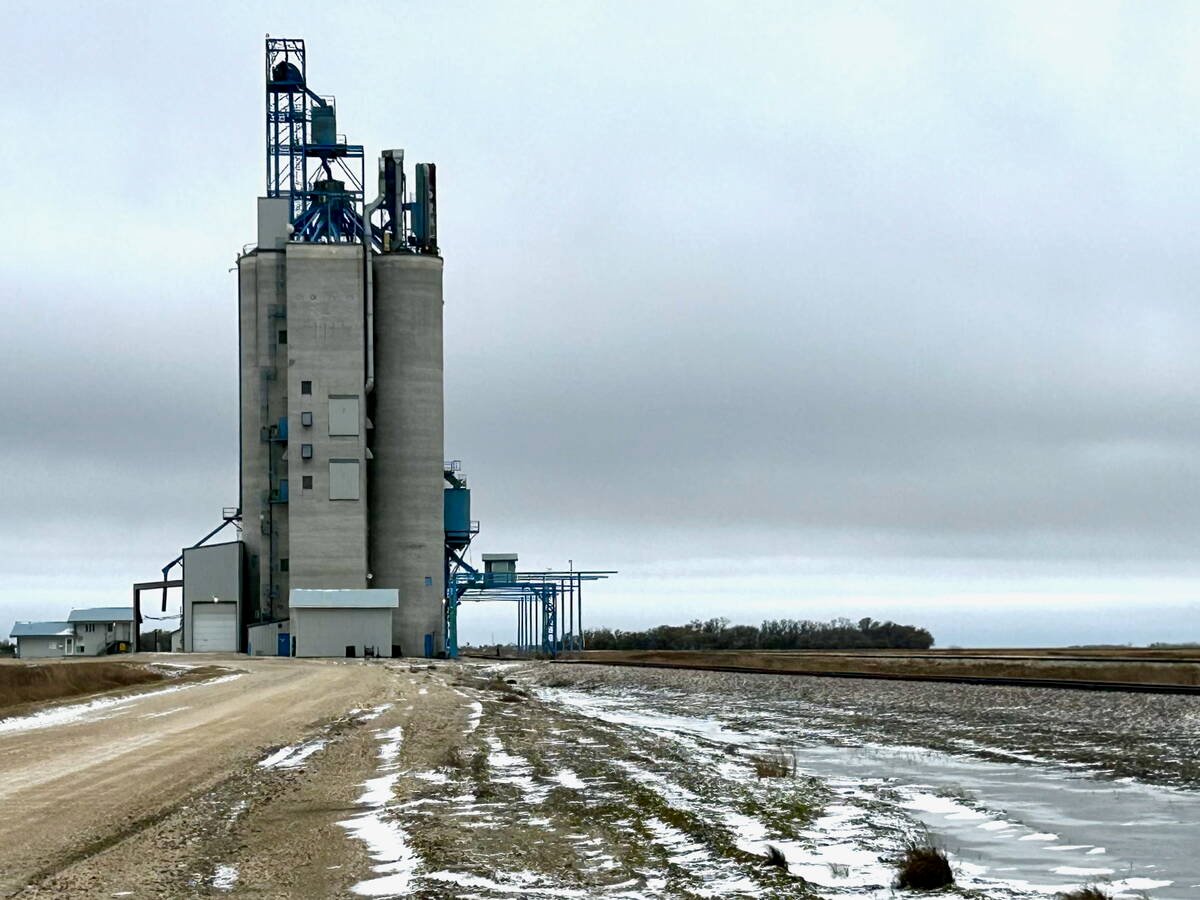Canola growers are seeking short, medium and long-term assistance from the federal government in the wake of the loss of their top market and there appears to be a receptive ear.
“Rest assured, we are loud and clear and they are listening to any and all ideas that we have,” said Rick White, president of the Canadian Canola Growers Association.
First and foremost, the association is looking for substantive changes to the Advance Payments Program to help growers deal with China’s ban on canola exports.
Read Also

Manitoba grain elevator ownership expands
Carman-based Linear Grain buys Fannystelle elevator from Bunge, another three elevators sold to Morden’s BP & Sons Grain and Storage Inc.
It wants the available limit doubled to $800,000 and the interest-free portion doubled to $200,000.
“That program is designed to help farmers market their crop and not have to cash flow themselves by dumping grain on the market when times are not good or the price is not good or the deliveries are not available to the farmer,” White said.
While the requested changes would help farmers fund their operations for the next 18 months, he acknowledged it is not a perfect solution.
“We all understand that farms can’t borrow their way through this issue and that’s not what we’re saying,” he said during a webinar updating growers on the China situation.
One thing White did not mention is a request for an ad-hoc program, similar to what United States President Donald Trump announced after China shut out U.S. soybeans.
Shortly after China slapped tariffs on a variety of U.S. agricultural products, the USDA implemented a US$12 billion aid package, including up to $9.6 billion in direct payments to farmers.
Canadian canola growers are not facing new tariffs like their U.S. soybean counterparts. They have been confronted by non-tariff barriers that are preventing trade from happening.
The Western Producer has repeatedly contacted the Canadian Food Inspection Agency to get the list of unwanted pests China says it discovered in Canadian canola shipments, but nearly one month later, the CFIA has yet to divulge the list.
The Canola Council of Canada said the CFIA has tested the Canadian shipments in question and found that the named pests were within allowable limits.
The CFIA was asked for the test results but did not respond in time to make the WP’s publication deadlines.
In addition to improvements in the cash advance program, the CCGA wants Ottawa to find a better way to get farmers enrolled in the AgriStability program.
It also is asking the federal government to consider long-term assistance, such as infrastructure funding.
Many cash-strapped canola growers are going to need to store canola longer than usual and may require help to build bins and other storage equipment.
“There are no real good answers here, but what we are doing is making sure the government understands the pressure that farmers are under,” said White.
One grower asked White if the association is pushing for increased biodiesel mandates.
He replied that the canola industry is lobbying for a five percent national mandate, which would be more than double the existing two percent.
“That would take about 1.3 million tonnes of canola tied to a domestic market here in the fuel market, which would be very good,” said White.
Another grower asked Canola Council of Canada president Jim Everson if the council is asking for trade retaliation against China.
Everson said the council is part of a high-level government working group on the China situation and they have been briefed on all of the diplomatic, legal and technical options at their disposal.
“I would say that really nothing is off the table,” he said.
But then he added a statement that suggested retaliation was an unlikely response.
“Retaliation is always something you only want to do as a very last resort,” said Everson.
White was asked if he would sell canola at today’s prices or wait for prices to improve.
He said he had no better insight on that than the average grower. They need to take into account their cash flow needs, ability to store grain and most importantly their costs of production.
“You never go broke selling at a profit,” said White.
Both White and Everson said they have no clue how long China will continue banning Canadian canola but the dispute could drag on for some time.
In the meantime, both organizations will be looking to increase demand in other markets such as the U.S., the EU and Comprehensive and Progressive Agreement for Trans-Pacific Partnership (CPTPP) countries.
















